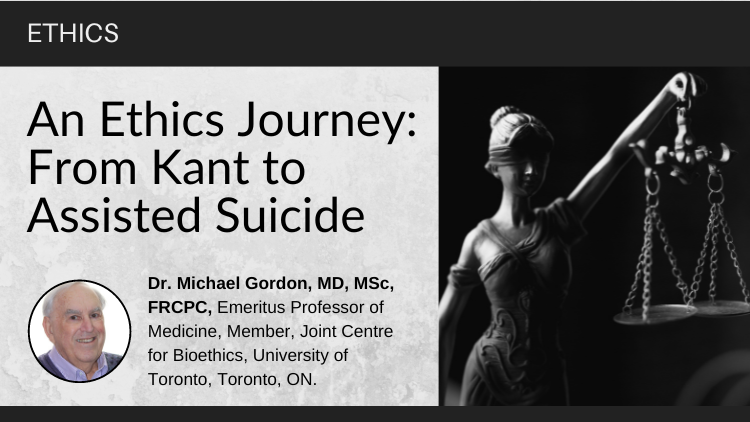
Advertisement
Advertisement

- inFocus
- Topics
- Addiction
- Gender & Health
- Oral Health
- Arthritis
- Genetic Diseases
- Osteoporosis
- Back Health
- Hematologic Disorders
- Otolaryngology
- Biology of Aging
- Incontinence
- Pain
- Cancer
- Infectious Diseases
- Perioperative Care
- Cardio-Cerebrovascular
- Law and Ethics
- Preventive Health
- Caregiving
- Liver Diseases
- Radiology
- Dementia
- Lung Diseases
- Renal Diseases
- Dermatology
- Medical Narratives
- Sports Medicine
- Diabetes-Endocrine
- Mental Health
- Technology in Medicine
- Drug Safety
- Men’s Health
- Urogenital Disorders
- Eye Health
- Musculoskeletal Disease
- Women’s Health
- Falls and Fitness
- Neurology-Movement
- Other
- Gastrointestinal Diseases
- Nutrition
- Posts
- Apps
- CPD/CME
- Journal
- Visual Aids
- Live Events
- inFocus
- Topics
- Addiction
- Arthritis
- Back Health
- Biology of Aging
- Cancer
- Cardio-Cerebrovascular
- Caregiving
- Dementia
- Dermatology
- Diabetes-Endocrine
- Drug Safety
- Eye Health
- Falls and Fitness
- Gastrointestinal Diseases
- Gender & Health
- Genetic Diseases
- Hematologic Disorders
- Incontinence
- Infectious Diseases
- Law and Ethics
- Liver Diseases
- Lung Diseases
- Medical Narratives
- Mental Health
- Men’s Health
- Musculoskeletal Disease
- Neurology-Movement
- Nutrition
- Oral Health
- Osteoporosis
- Otolaryngology
- Pain
- Palliative Care
- Perioperative Care
- Preventive Health
- Radiology
- Renal Diseases
- Sports Medicine
- Technology in Medicine
- Urogenital Disorders
- Women’s Health
- Other
- Posts
- Apps
- CPD/CME
- Journal
- Visual Aids
- Live Events
